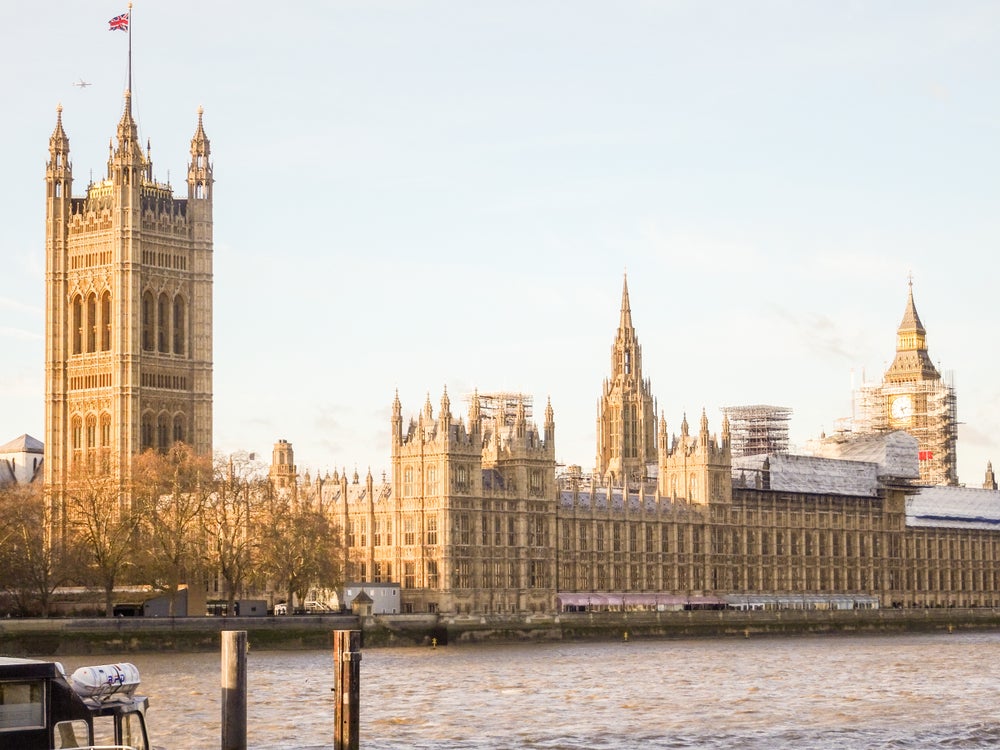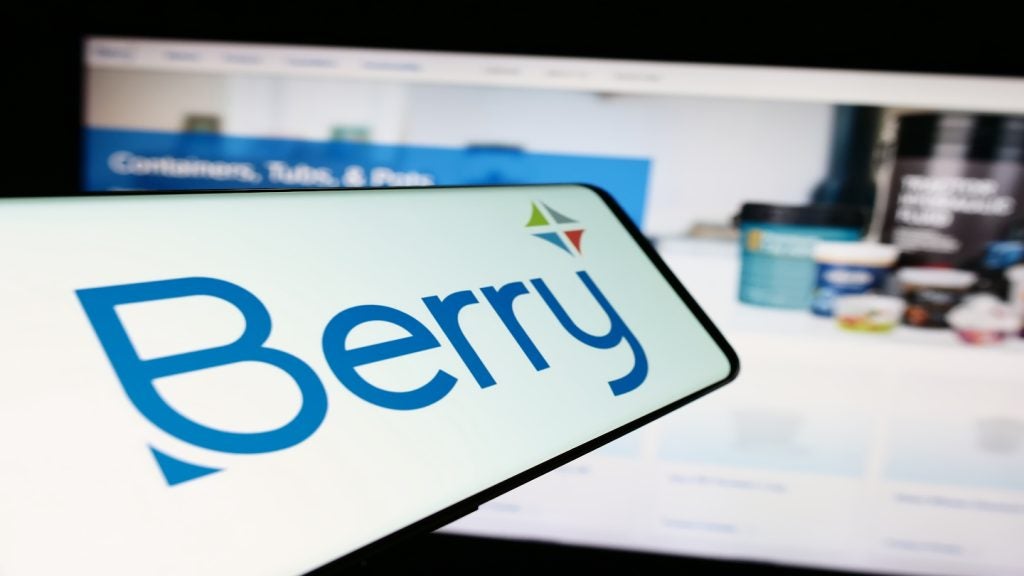The House of Commons recently convened to discuss crucial regulations surrounding packaging waste, with MPs calling for stronger measures to address environmental impacts.
As the UK faces growing challenges in managing packaging waste, particularly in light of escalating recycling demands and carbon footprint concerns, the debate highlighted both the need for more stringent policies and the potential benefits of innovative solutions.
MPs explored a range of topics, including extended producer responsibility, the role of consumers in waste reduction, and the drive for sustainable packaging solutions.
Extended producer responsibility takes centre stage
One of the key topics during the debate was the implementation of Extended Producer Responsibility (EPR) schemes. These programmes aim to shift the burden of waste management onto producers rather than local authorities or consumers.
As MPs discussed the current framework, many voiced concerns over the effectiveness of the existing system in incentivising companies to reduce packaging waste.
Dr. Rachel Thomas, MP for East London, emphasised the importance of strengthening EPR measures to hold manufacturers accountable:
“It is crucial that businesses are incentivised to design packaging that is recyclable and reduce unnecessary waste. A robust EPR scheme will encourage innovation in packaging solutions, driving us towards a more sustainable future.”
EPR schemes are designed to compel manufacturers to bear the cost of recycling or disposing of their products. However, some MPs raised concerns about the financial burden these schemes could place on small businesses, with calls for a balance between regulation and economic feasibility.
Consumer responsibility and public awareness
Another significant point raised was the role of consumers in reducing packaging waste. MPs stressed the need for stronger public education campaigns that encourage responsible packaging disposal and increased recycling efforts.
Matthew Jameson, MP for South Yorkshire, commented: “The government needs to do more to educate the public on the importance of recycling and reducing waste. We cannot expect businesses alone to shoulder this responsibility. It is the consumers who play a vital role in making these initiatives work.”
Consumer involvement remains essential in meeting national recycling targets. However, MPs also pointed out that without clear guidance on what constitutes recyclable packaging, efforts may be hampered.
The government has been urged to standardise recycling symbols and invest in more comprehensive educational outreach.
Sustainable packaging solutions for the future
The debate also highlighted the ongoing drive towards sustainable packaging materials. With increasing pressure on the packaging industry to adopt eco-friendly solutions, MPs discussed the potential of bioplastics and other alternative materials.
Some experts argue that while these alternatives show promise, the infrastructure for recycling them is still in its infancy.
Simon Lee, MP for Gloucestershire, remarked: “While bioplastics offer a potential solution, we need to ensure that the systems are in place to handle these materials effectively. We are not yet at a stage where we can fully rely on these alternatives without further investment in recycling technology.”
The UK government is exploring options for further research into the scalability of alternative packaging materials, alongside measures to promote circular economy models.
These models focus on reducing waste through the reuse, recycling, and remanufacturing of packaging materials, all of which are key to achieving long-term sustainability goals.
Looking ahead: a greener future
As the debate in the House of Commons concluded, MPs agreed on the urgency of addressing packaging waste. While opinions on the specifics of regulation varied, there was unanimous support for the need to move towards a more sustainable packaging economy.
The government is now tasked with implementing changes that will not only reduce packaging waste but also help the UK meet its carbon reduction targets.
With a focus on producer responsibility, consumer involvement, and sustainable alternatives, the future of packaging regulation in the UK appears to be moving towards a more circular and eco-friendlier model.
However, the effectiveness of these policies will depend on collaboration between government, industry, and the public.
As one MP concluded, “If we are to tackle packaging waste effectively, we must work together to create a system that is both sustainable and practical for all involved.”














